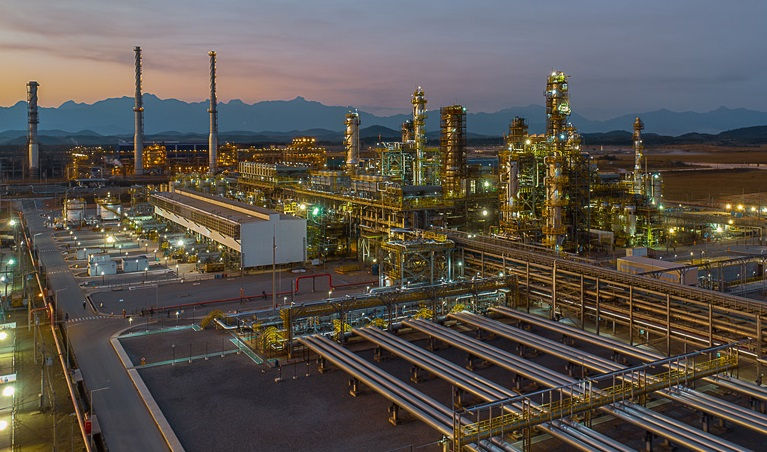Report shows Australian biofuels production, use, govt. incentives lag behind rest of world
- Ron Kotrba

- Nov 20, 2020
- 3 min read

Australia-based APAC Biofuel Consultants, a joint venture between EnergyQuest and Ecco Consulting, has published its latest annual national biofuels overview.
The new report indicates that Australia's biofuel production industries are lagging behind many other nations of the world in terms of growth. "Pre-COVID, Australia's little-changed biofuel production is at odds with the growing overseas experience where biofuel production (more so biodiesel) continued to increase in 2019, year on year," APAC Biofuel Consultants stated. The report does note, however, that biodiesel supply and demand picked up a little in 2019-'20 following the recommissioning of Australia's largest biodiesel plant in 2019.
According to APAC Biofuel Consultants, reviews of the New South Wales and Queensland biofuel mandates demonstrate that both requirements failed to meet targets for ethanol and biodiesel, "and yet no major change has been recommended for either mandate."
NSW has a biodiesel mandate of 2 percent of total diesel sales, and Queensland's requirement is 0.5 percent. "NSW achieved almost zero percent of its targets since 2016, with Queensland faring marginally better with 0.2 percent target achievement over the past 12 months," APAC Biofuel Consultants stated.
Michael Cochran, APAC joint chief executive, said federal excise or customs duty support for biofuels in place since the early 2000s failed to encourage new, sustainable investment in the industry over the past 10 years.
"Australia is also a key supplier of feedstocks to the international biodiesel industry," Cochran said. "Overseas, new biofuel investment is now focusing on renewable diesel and aviation jet 'drop-in' fuel production as a direct substitute for some fossil fuels, with ethanol taking second place. This at a time biofuels in Australia are facing new technological competition from other forms of renewable and emission reduction investment across such fields as hydrogen, solar and electric vehicles. So, we are at a point the industry needs to regroup and replace outdated current policies with new initiatives delivering a biofuel future for Australia."
The report finds that the federal excise tax benefits offered to ethanol and biodiesel are "outdated" and a "failure," evidenced by the continual shrinking of the national biofuels industries over the past decade.
Cochran said ongoing development of the Bioenergy Roadmap offers a unique opportunity for the federal government of Australia to review its biofuel policies.
APAC Biofuel Consultants' report also shows the national biodiesel industry has partly recovered from "an industry collapse" in 2016.
"The biodiesel market in Australia remains very small," APAC Biofuel Consultants stated. "APAC estimates biodiesel production in 2019-'20 reached about 45 million liters (nearly 12 million gallons), up from 15 million liters in 2018-'19. Of that production, about 11 million liters was directed to the more profitable export market (Europe). The increase in biodiesel production, year on year, was due to recommissioning of the Barnawartha biodiesel plant in mid-2019 by Just Biodiesel."
The report states that while Australia has become a major supplier of feedstocks to international biobased diesel producers in Europe, Singapore and the U.S., this "begs the question of the lost value-adding opportunity for Australian industry."
Finally, the report also notes sustainable aviation fuel (SAF) continues to grow globally and while Australian airlines are actively supporting SAF, the government and biofuels industries could do more on the R&D and production side of the equation.
Overall, the report finds that Australian biofuel (fuel ethanol and biodiesel) demand declined 3.8 percent in 2019-'20 year on year, representing less than half of 1 percent of Australia's liquid and gaseous transportation fuel consumption.
The full report can be purchased here.






























